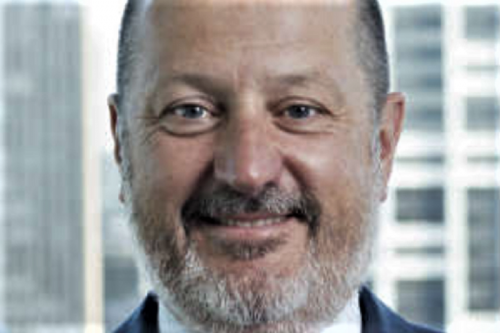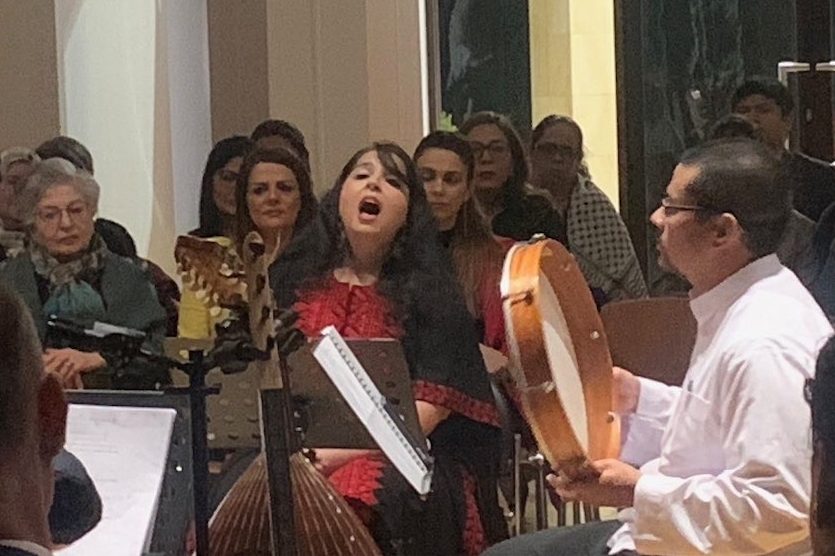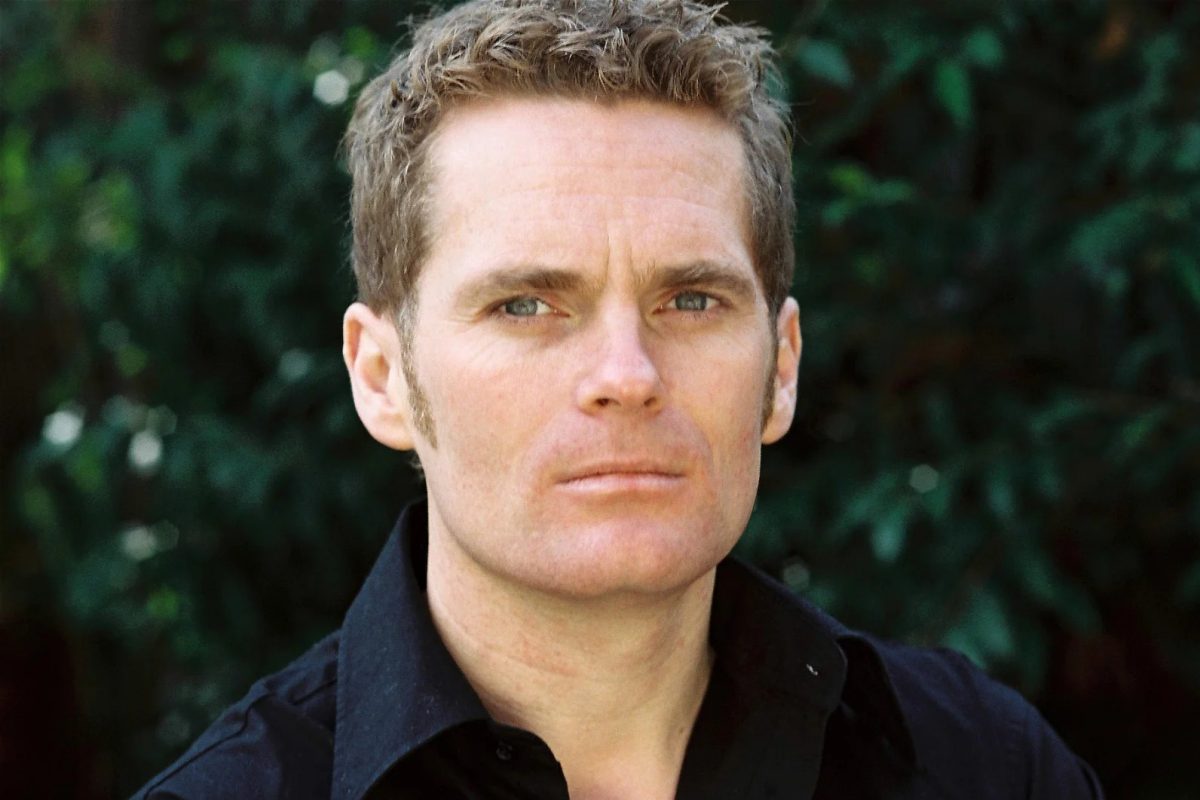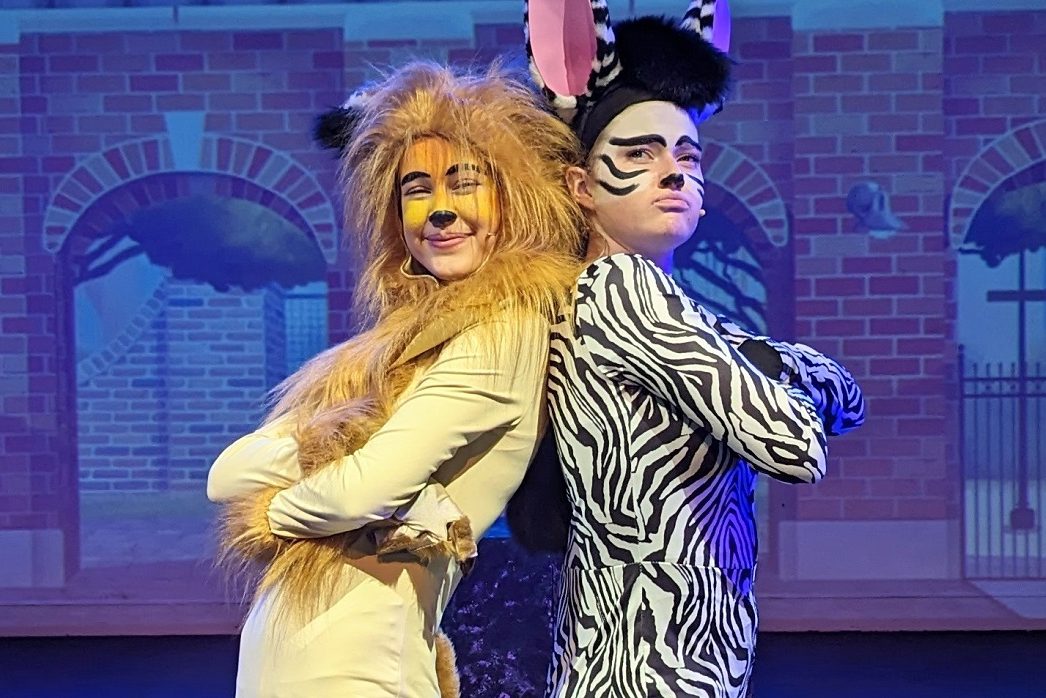
And no, it wasn’t some kind of “Gruen Transfer” exercise in promoting laxatives, it was rather an impassioned plea for the nation and its politicians to wake up and recognise its “creative deficit”.
“We need to value creativity and understand its centrality to our economy and our culture – as a central pillar in innovation, education and future jobs,” he urged.
Howcroft, who is also the chair of the Australian Film, Television and Radio School, singled out the school as an exception to the dismal rule several times in his speech, noting that a single film like “Crocodile Dundee”, could have a considerable effect on trade and communication.
He said that in an era of rapid disruption Australia urgently needed a “Creativity Commission” capable of high level interventions to annihilate barriers, fund start-ups that could empower game-changing ideas and build “a future fund of ideas”.
And he wasn’t just talking about the arts, he explained, “we need to stop thinking in silos, we need more self-belief”, arguing that creative economy needed to be valued and represented at senior levels of Government and across a range of portfolios – from infrastructure to education to innovation and business.
“This is Day Zero,” Howcroft said, “we have the opportunity — right now — to be as visionary, as courageous, and as bipartisan, as they were in establishing AFTRS back in 1973.”
Today, he said, Australia is the world’s 13th largest economy and a member of the G20 but according to one report, by 2030 Australia will have dropped to 29th, swapping positions with Bangladesh.
“Resting on natural assets to fuel our prosperity is simply not enough. We have to move up the value chain. And to do that, we need to find ways to better harness our human assets,” he said.
It was a sad reality in his view that in the move “from the sandpit to the spreadsheet”, the natural creativity of infants and children was drummed out of them so that, one analysis showed, a mere two per cent of the populace were creative thinkers by the time they reached adulthood.
And yet, he reflected, the Australia Council’s research suggests 98 per cent of Australians engage with the arts, more popular than sport and since cultural engagement clearly builds social cohesion, “we must use this capacity for connection to draw on our diversity as an asset, and to help us generate a more global outlook”.
“The more cohesive a society, the stronger its GDP,” he said. “We can no longer rely on being the ‘lucky country’, or even simply aspire to be the ‘clever country’… we must become the ‘creative country’.”
The firm he worked for, people PwC, he said had recently appointed a dedicated creative officer, an indication that some businesspeople believe creativity matters economically.
This was not the only time Australia had ever experienced creative differences. He looked back to the early 20th century when Australia, having made the first feature movie “The Story of the Kelly Gang” in 1906, was saddled with a moral ban on bushranger films, which resurfaced as Westerns in the US.
And negative forces were always on hand. After Prime Minister John Gorton commissioned a report on the possibility of a film and TV school back in the late 1960s public outrage erupted about the likely “waste of public funding”.
This would happen too with the Creativity Commission, but it was necessary.
To the sceptics at the Press Club who doubted there was a will at the top to make a Creativity Commission happen, Howcroft drew attention to the success of the Nesta innovation foundation in the United Kingdom and said he believed that as well as federal support, Australian businesses could be engaged to get involved.
“We need to find a new way and an Australian way”, he said.
Who can be trusted?
In a world of spin and confusion, there’s never been a more important time to support independent journalism in Canberra.
If you trust our work online and want to enforce the power of independent voices, I invite you to make a small contribution.
Every dollar of support is invested back into our journalism to help keep citynews.com.au strong and free.
Thank you,
Ian Meikle, editor




Leave a Reply